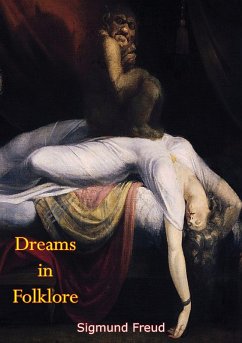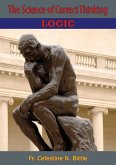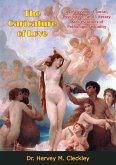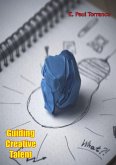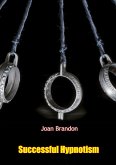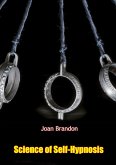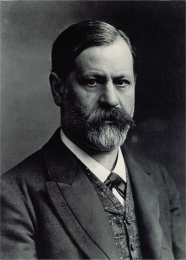David Ernst Oppenheim, a classics scholar and professor of Greek and Latin at a Vienna school, had begun pursuing an interest in the interrelatedness of mythology, folklore and psychoanalytic concepts, and attended lectures given by Freud in 1906. In 1909, he sent to Freud a paper he had written about mythology in which he revealed a knowledge of psychoanalysis. He was subsequently invited to join Freud's Vienna Psychoanalytic Association in 1910, where he gave talks on the fire as a sexual symbol and on suicides at school age.The manuscript for Dreams in Folklore, to which Oppenheim contributed the folklore and Freud the commentary, was written in 1911. It remained in the possession of his family, before finally being published in 1958.Along with the English translation of a letter from Freud to Oppenheim, and the manuscript itself, Dreams in Folklore also includes the complete original paper in German, "e;Traume im Folklore."e;
Dieser Download kann aus rechtlichen Gründen nur mit Rechnungsadresse in A, B, BG, CY, CZ, D, DK, EW, E, FIN, F, GR, HR, H, IRL, I, LT, L, LR, M, NL, PL, P, R, S, SLO, SK ausgeliefert werden.

